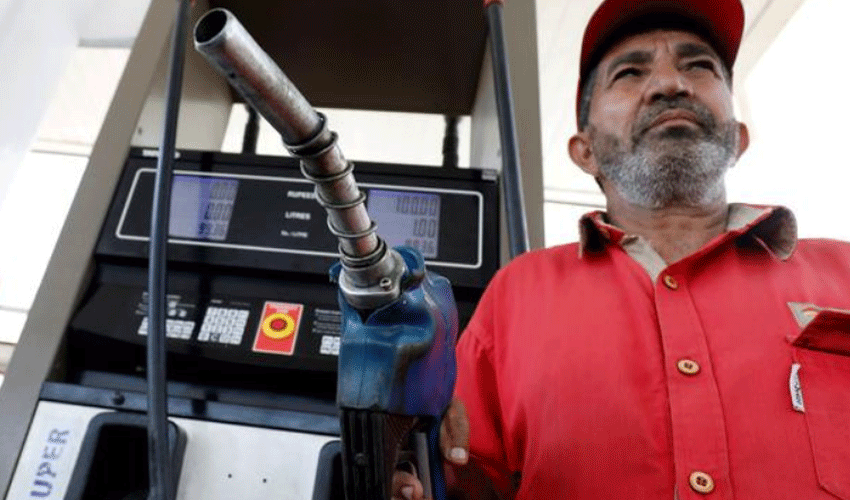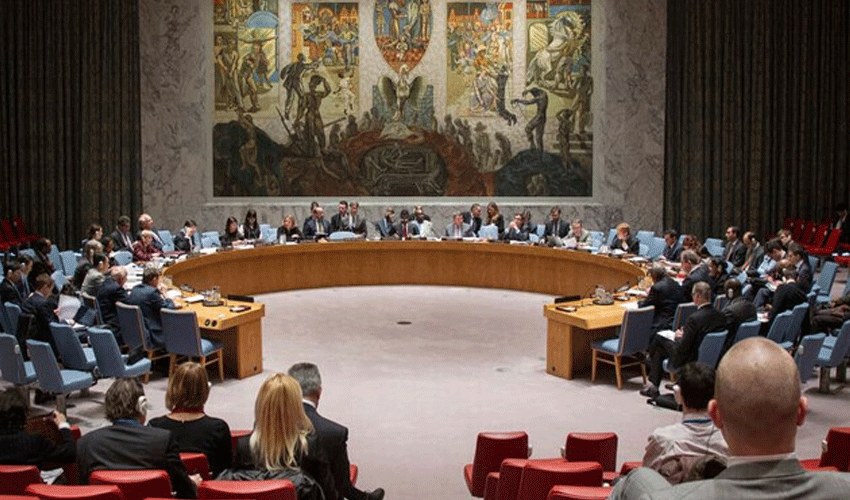In the latest survey conducted by the international research institute IPSOS, only one in 10 Pakistanis believe that the country is headed in the right direction.
The survey, part of the ongoing Consumer Confidence Index (CCI) in Pakistan, highlights growing concerns among citizens about the nation’s economic situation, with a significant portion expressing pessimism about the future.
The IPSOS survey reveals that 11% of Pakistanis believe that the country’s conditions are improving, with rural populations showing more optimism (12%) compared to urban dwellers (8%). However, this optimism has seen a decline, as last year, 18% of citizens were hopeful about the future—a figure that has now dropped to 11%.
Key concerns: Inflation, unemployment, and electricity bills
The IPSOS survey highlights the pressing concerns of Pakistani citizens. A significant 33% of respondents identified inflation as their biggest worry, reflecting the ongoing struggle with rising prices. Unemployment was the second most cited concern, with 18% of citizens feeling the impact of joblessness. Additionally, 11% of respondents pointed to increasing electricity bills as a major financial burden.
Other concerns highlighted in the survey include:
- Poverty: 9% of respondents cited rising poverty as a significant issue.
- Electricity Load Shedding: 7% of citizens identified power outages as a major problem.
- Falling Rupee Value: 3% are troubled by the devaluation of the Pakistani rupee.
- Corruption: 2% of respondents see corruption as a key issue.
- State Institutions' Interference: Nearly 1% believe interference among state institutions is a problem.
- Food Situation: 1% of respondents are concerned about the food situation.
Other concerns include electricity load shedding (7%), the devaluation of the rupee (3%), corruption (2%), interference between state institutions (1%), and food security (1%).
The IPSOS report indicates a decline in concerns over economic challenges since the beginning of 2024. Despite this, only 13% of Pakistanis believe the country’s economic conditions are strong.
This sentiment is more prevalent among men, the rural population, post-graduates, and wealthier individuals. However, the percentage of those who perceive the economy as weak has increased by 1%, reflecting a growing sense of economic instability.
A staggering 94% of respondents admitted that they find it very difficult to purchase common household items. This struggle is indicative of the broader economic challenges faced by the average Pakistani family.
Additionally, only 10% of people are hopeful about saving enough money for their children's education and marriage after retirement, underscoring the financial pressures that are pervasive across the country.



























